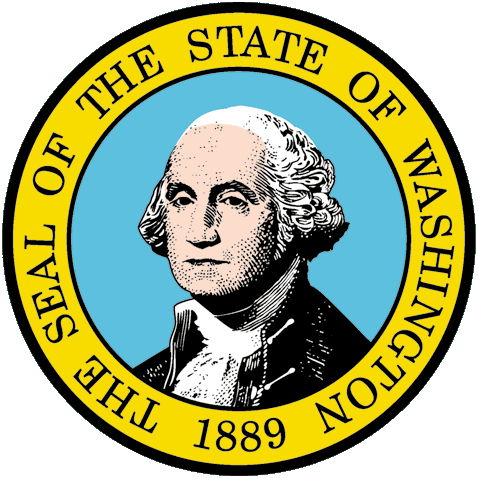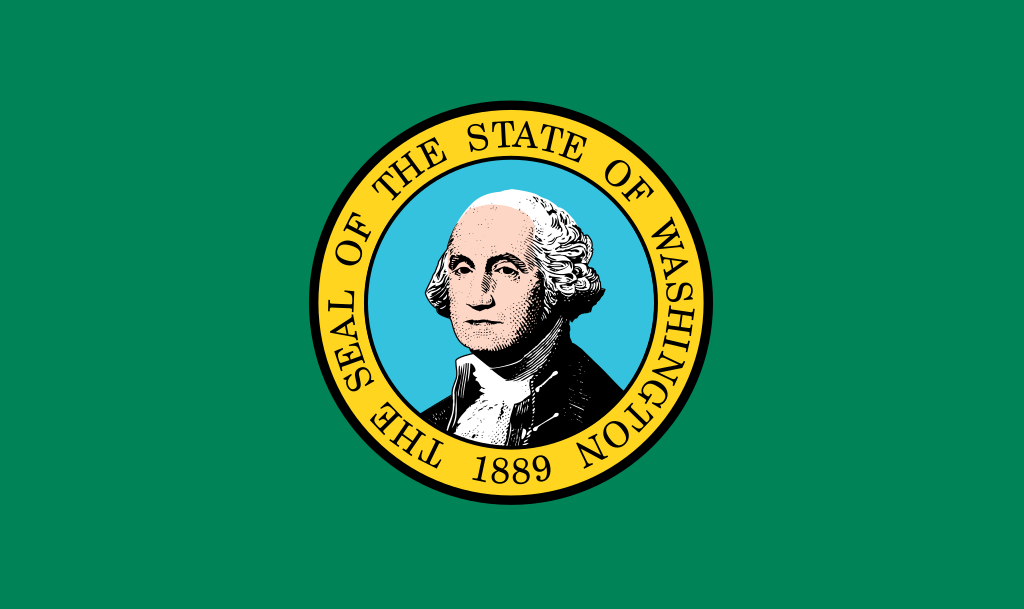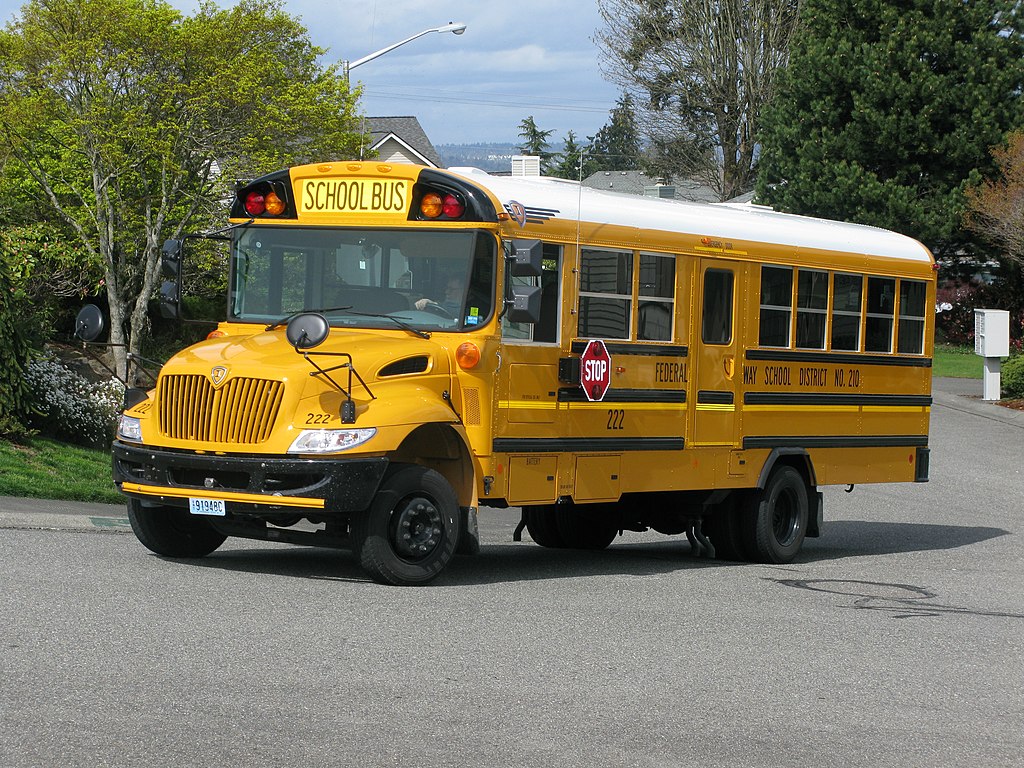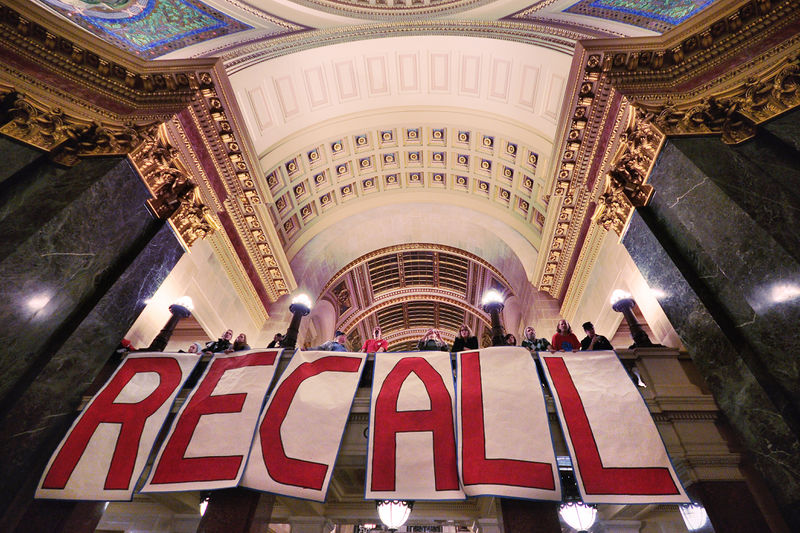Tag: washington
-
Port Angeles: The longest-tenured officeholders up for re-election in Port Angeles, Wash.

Seven incumbents are running for re-election in Port Angeles, Wa.sh, in the Nov. 2 general election. In total, eight offices are up for election in the city. In Port Angeles, four of those incumbents are city councilmembers, two are port commissioners, and one is on the Port Angeles School Board. LaTrisha Suggs, Port Angeles City…
-
How Clallam County votes in state legislative elections

Clallam County, Wa., has voted for the winning presidential candidate in every election since 1980, whether Republican or Democrat. This presidential voting record has earned it attention from scholars and reporters outside of the state. How has the county voted in state legislative elections? Overall, while Clallam County voters have supported Republican and Democratic presidential…
-
How Clallam County picks its governors

Clallam County, Wash., knows how to pick a winner— at least when it comes to presidential politics. Every four years, going back to 1980, it has voted for the winning presidential candidate, making it the county with the longest record of anticipating the country’s next commander-in-chief— whether Republican or Democrat. That puts Clallam County at…
-
A recent history of presidential election bellwether counties

The United States is composed of 3,143 counties or county equivalents. Of them, Clallam County, in northwest Washington, has the longest record of always voting for the winning presidential candidate. Since 1980, Clallam County has voted in every presidential election for the candidate that would go on to win the White House. Since 1920, it…
-
Since Aug. 10, four states have implemented universal indoor mask requirements

Between Aug. 10 and Sept. 2, Illinois, New Mexico, Oregon, and Washington announced new indoor mask requirements for both vaccinated and unvaccinated individuals. In Illinois, an indoor mask requirement for vaccinated and unvaccinated individuals went into effect on Aug. 30. Gov. J.B. Pritzker (D) announced the policy on Aug. 26. Illinois had previously lifted its…
-
Washington school board candidate who suspended campaign gets most primary votes, re-enters race

Kristi Schmeck, who suspended her campaign for a seat on the five-member Sequim School District Board of Directors in the late spring, rejoined the race after receiving the most votes in the Aug. 2 primary. Schmeck received 28.85% of the vote for the Director at Large, Position No. 4 seat, while Virginia R. Sheppard, the…
-
Clallam County municipal primary results certified

The Clallam County Auditor certified Aug. 3 primary elections Tuesday. Top-two primaries took place in three cities in the county—Port Angeles, Sequim, and Forks. Eight offices appeared on primary ballots. Clallam County, on Washington’s Olympic Peninsula, has the nation’s longest unbroken record of voting for the winning presidential candidate, going back to 1980. Clallam County…
-
Port Angeles, Forks city council candidates advance to the general election

Ten city council candidates running for five seats in the cities of Port Angeles and Forks, in Clallam County, Wa., advanced to the Nov. 2 general election. The primary was Aug. 3. Clallam County, on Washington’s Olympic Peninsula, has the nation’s longest unbroken record of voting for the winning presidential candidate, going back to 1980.…
-
Incumbent Pete Holmes concedes Seattle city attorney election

Pete Holmes, the incumbent Seattle city attorney, conceded to challengers Ann Davison and Nicole Thomas-Kennedy on August 6, 2021, in the top-two primary election held August 3. As of August 10, the latest election results showed Thomas-Kennedy with 35.5% of the vote followed by Davison with 33% and Holmes with 31.2%. Davison and Thomas-Kennedy will…
-
Voters approve Washington sheriff recall election

A recall election seeking to remove Jerry Hatcher from his position as Benton County Sheriff in Washington was held on Aug. 3. A majority of voters cast yes ballots, approving the recall. Hatcher will be removed from office once results from the election are finalized. The recall effort began in July 2020 and was led…

